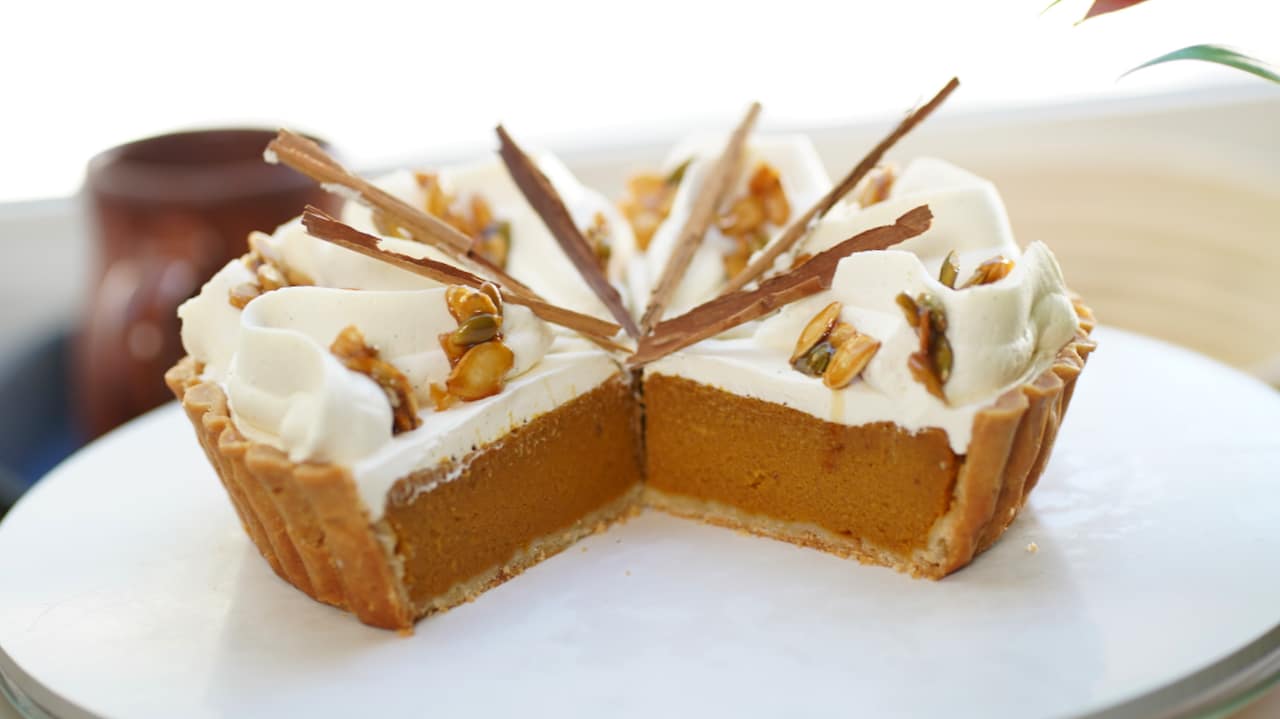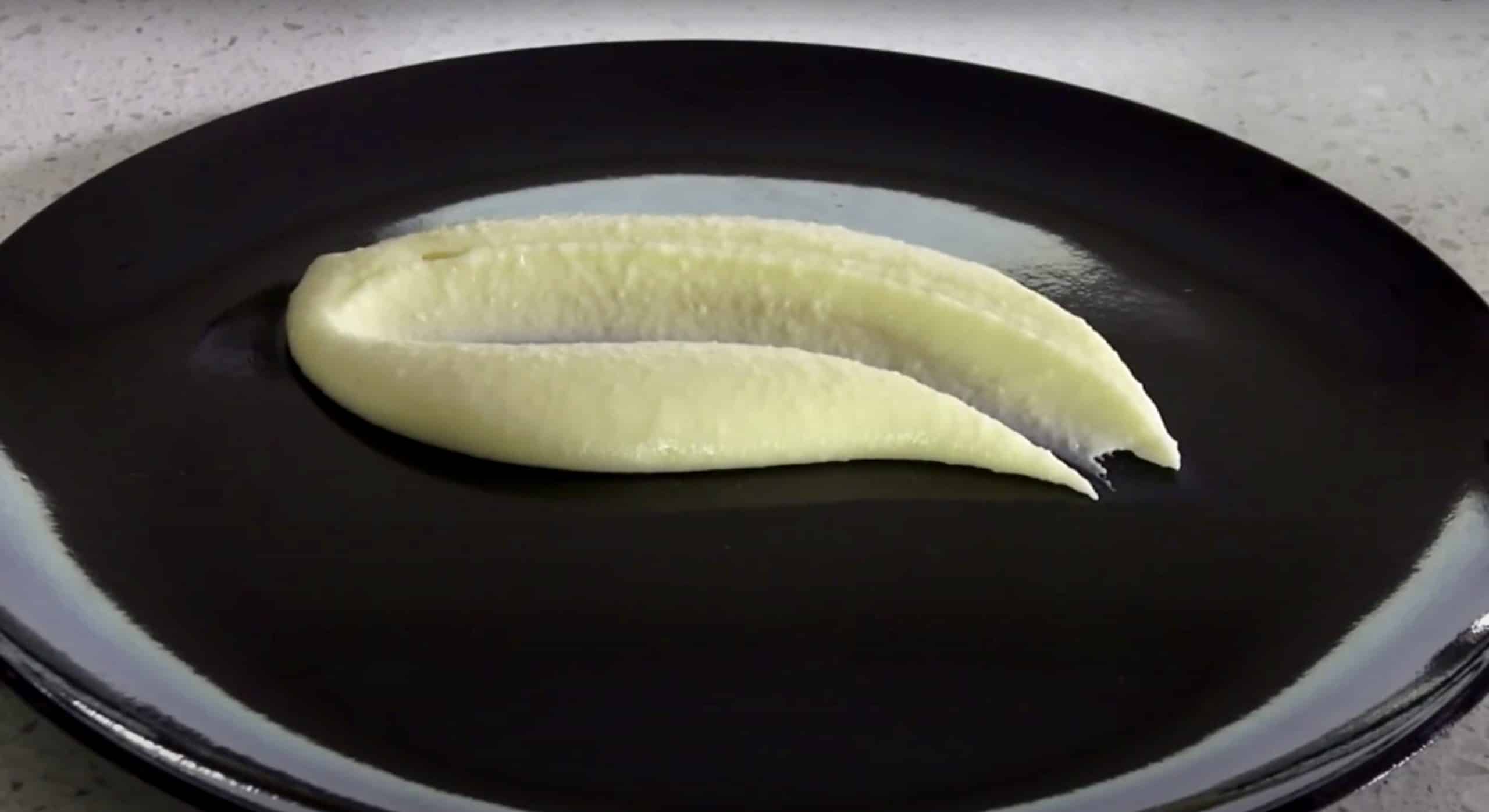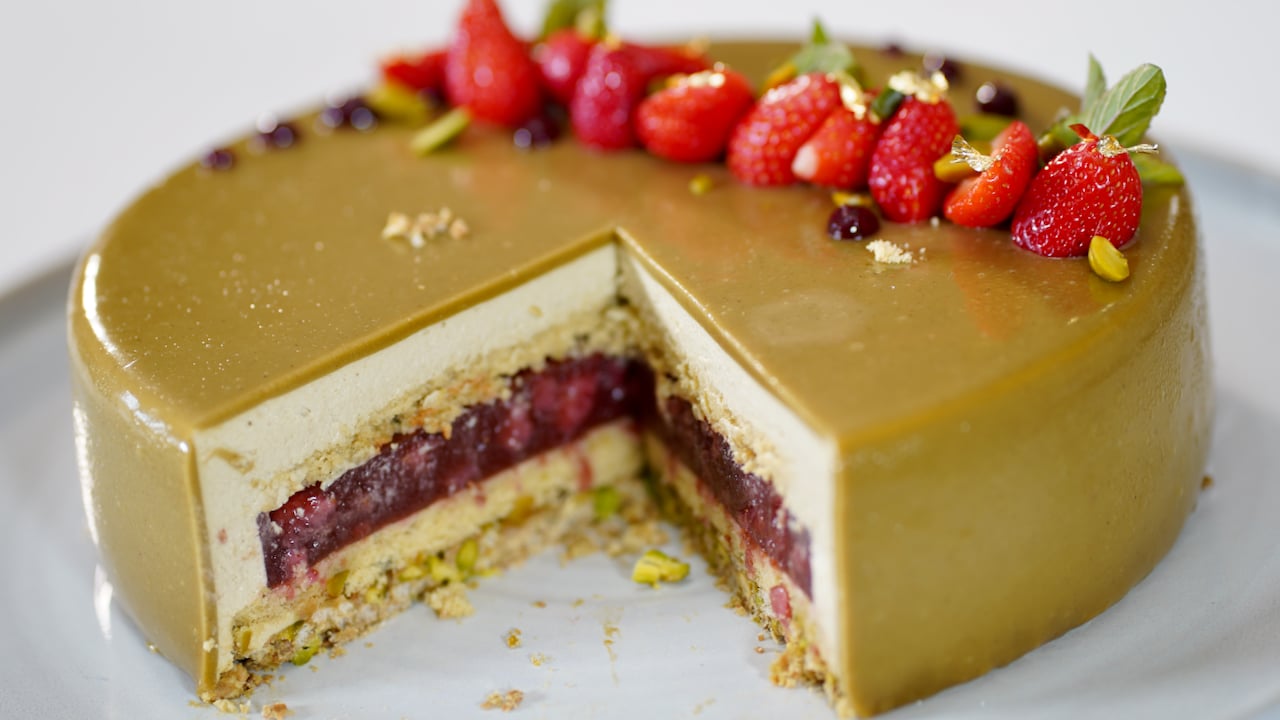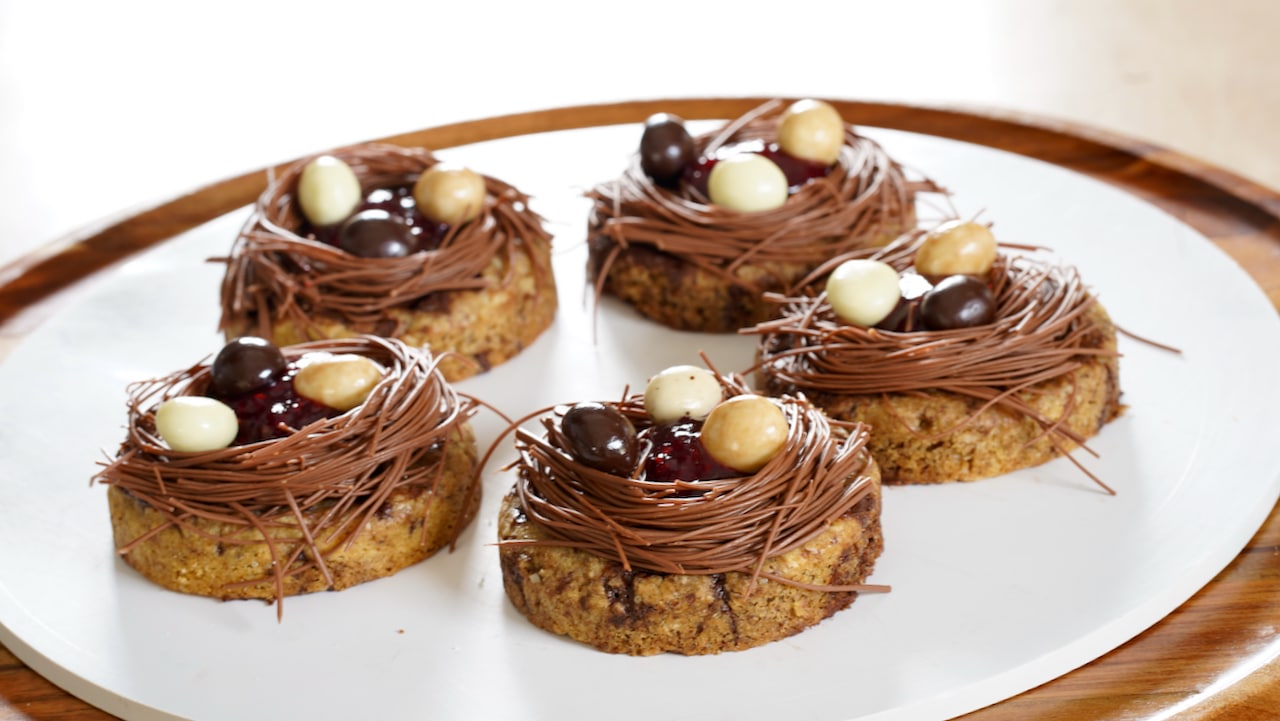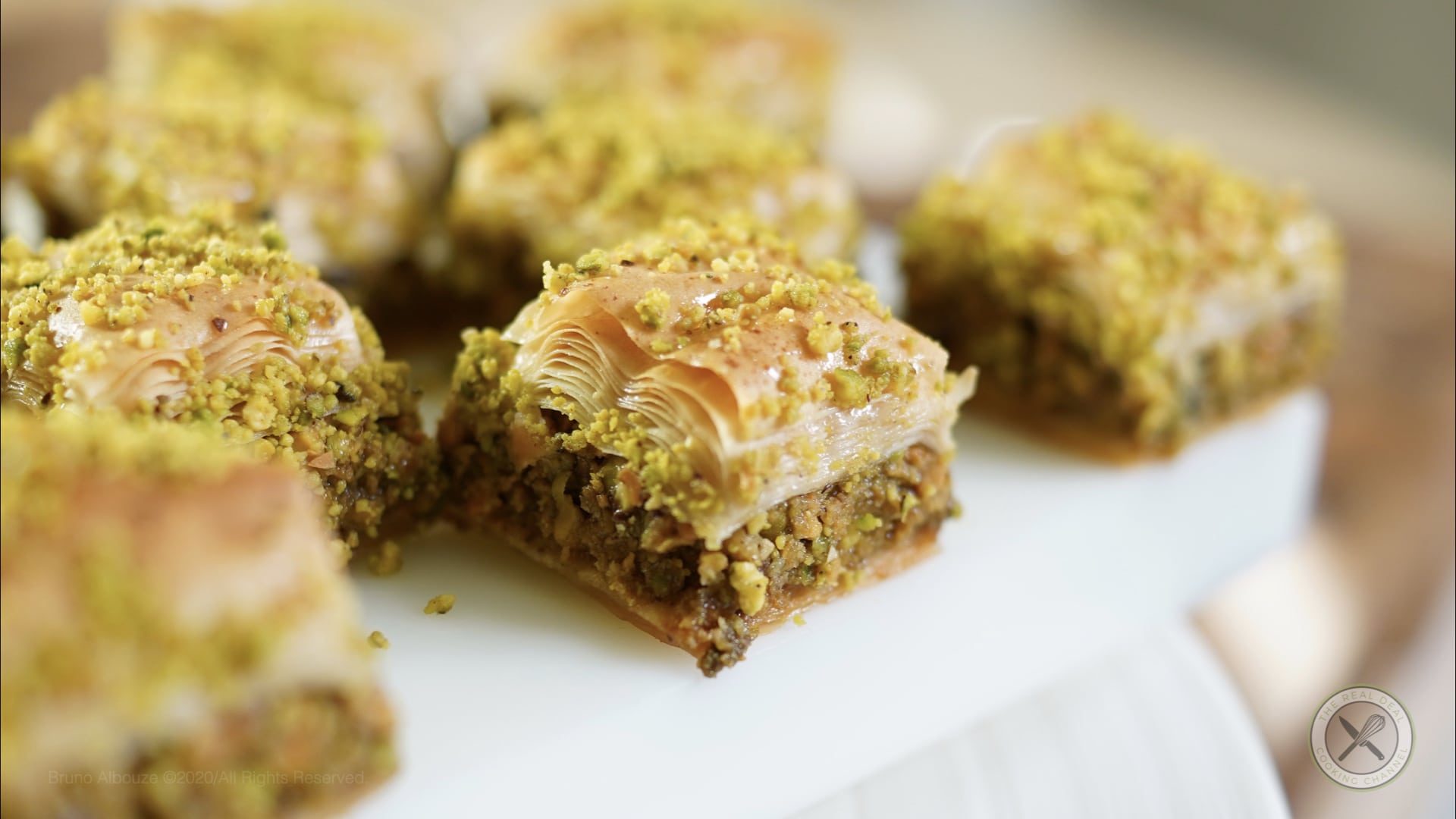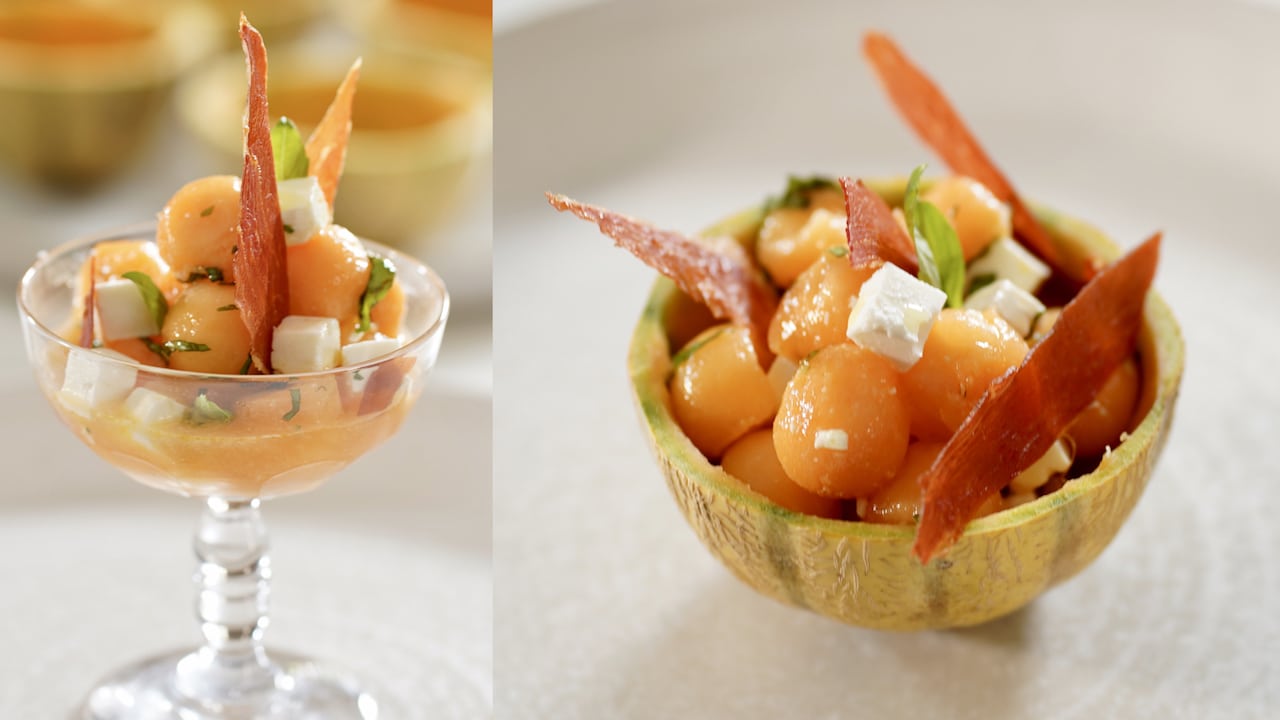Pesto Stuffed Chicken
Healthy & gourmet 🐓🥕
Ready to discover this recipe? You're only 1 step away.
This recipe is only accessible to registered members!
Create your account to access all cooking recipes of my website (excepting courses and masterclasses of the Academy).
Join us now and enjoy more 700 recipes (All mostly french, but also european, asiatic and american)

